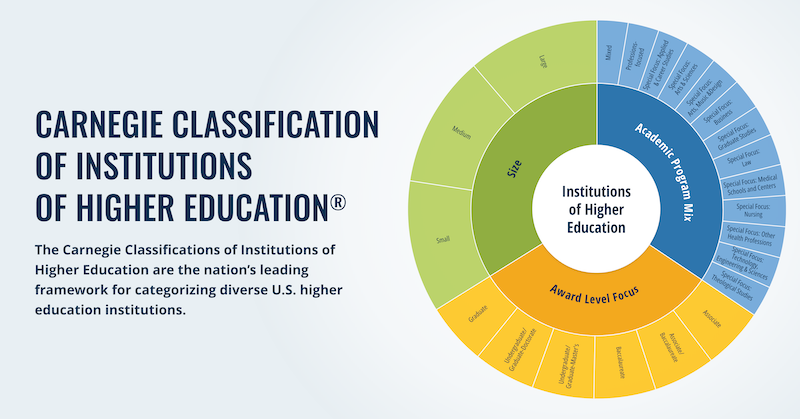Sometimes Repeating History Matters: Carnegie October 2024 Newsletter

This is just a preview of what’s included in our October newsletter. Click below to explore all the updates!
Dear Friends and Colleagues,
By 2030, the activities that account for an estimated 30% of working hours could be automated by AI. The labor market implications are staggering. Approximately 12 million U.S. workers may have to find new jobs, and many more roles will be forever altered.
This isn’t the first time we’ve experienced such a seismic transformation of the U.S. economy. At the turn of the last century, agricultural jobs evaporated – falling from one-third of all U.S. jobs to just 8%. In less than a lifetime, one quarter of the labor force left farming. 9.7 million jobs were lost and the vast majority of Americans lacked the skills the “new economy” demanded...
October 28, 2024
Photo Credit: American Council on Education In an open memo to the presidential candidates recently featured in the New York Times, the American Council on Education (ACE) highlights the pivotal role that postsecondary institutions play in shaping the nation’s social and economic landscape. With a focus on alleviating student debt,…
November 20, 2024
In this conversation, Aurora Institute's Virgel Hammonds opens up about his professional journey, the Aurora Institute’s mission to transform K-12 education, and highlights the critical role of personalized, competency-based learning in fostering student success. He reflects on Aurora’s efforts to reshape education systems by partnering with policymakers, educators, and communities…







